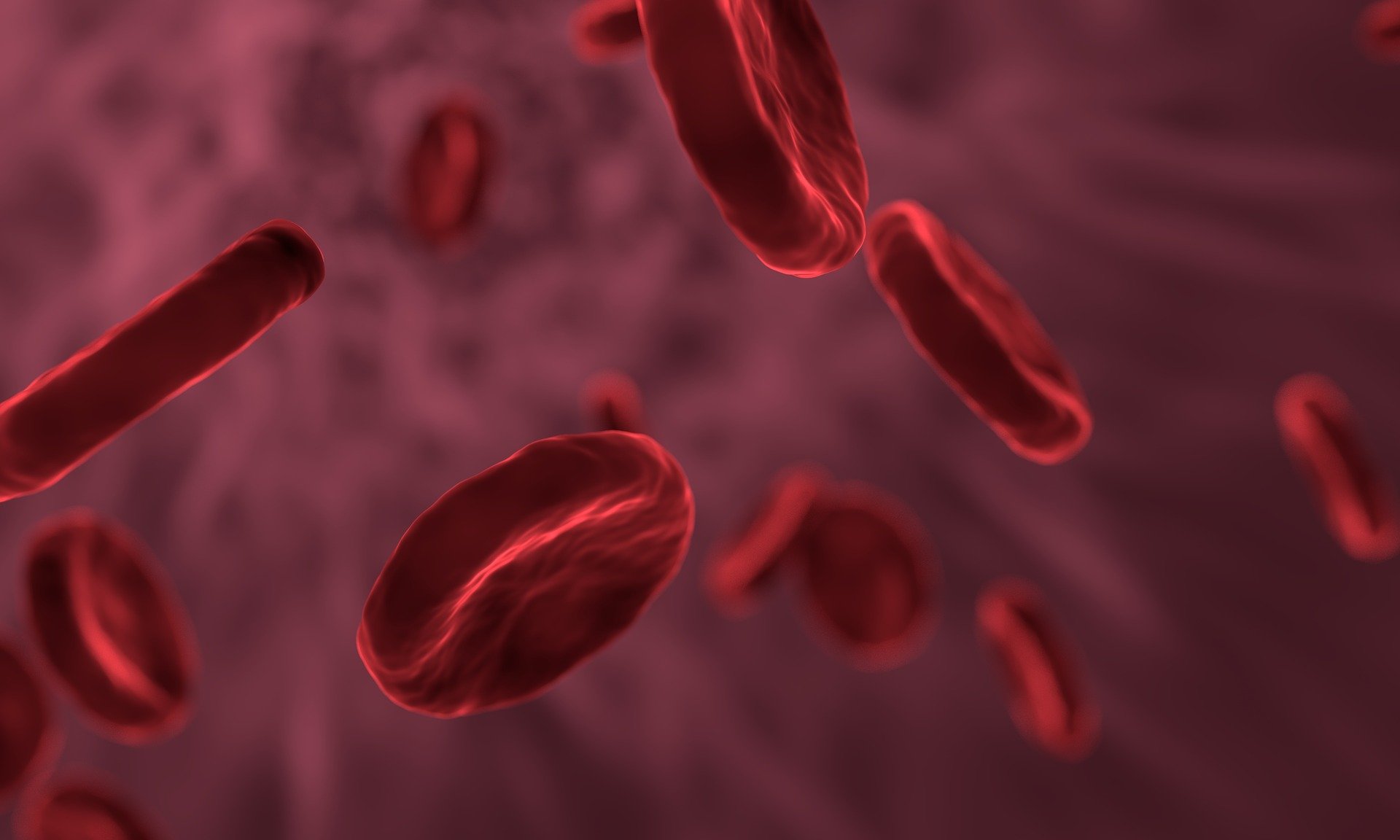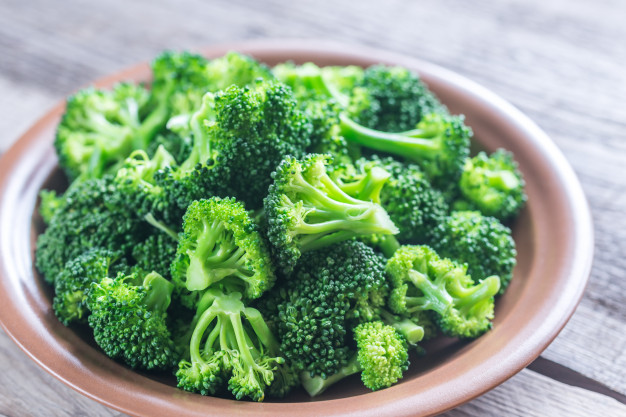Blood Cancer

OVERVIEW
As its name suggests, this type of cancer affects the production and function of your blood cells. This type of cancer starts in bone marrow which is the integral source of blood production. Stem cells in your bone marrow mature and develop into three types of blood cells: red blood cells, white blood cells, or platelets. In case of cancer, the blood production process is interrupted due to the growth of an abnormal type of blood cell. The various types include Leukemia, Lymphoma and Myeloma.
Type of Blood Cancer
The three main types of blood cancer are leukemia, lymphoma and myeloma:
a. Leukemia
Leukemia is a blood cancer that originates in the blood and bone marrow. It occurs when the body creates too many abnormal white blood cells and interferes with the bone marrow’s ability to make red blood cells and platelets.
b. lymphoma
Non-Hodgkin lymphoma is a blood cancer that develops in the lymphatic system from cells called lymphocytes, a type of white blood cell that helps the body fight infections.
Hodgkin lymphoma is a blood cancer that develops in the lymphatic system from cells called lymphocytes. Hodgkin lymphoma is characterized by the presence of an abnormal lymphocyte called the Reed-Sternberg cell.
c. Myeloma
Multiple myeloma is a blood cancer that begins in the blood’s plasma cells, a type of white blood cell made in the bone marrow.
SYMPTOMS
Some common blood cancer symptoms include:.
- Fever, Chills
- Persistent fatigue, Weakness
- Loss of appetite, Nausea
- Unexplained weight loss
- Night sweats
- Bone/joint pain
- Abdominal discomfort
- Headaches
- Shortness of breath
- Frequent infections
- Itchy skin or skin rash
- Swollen lymph nodes in the neck, Underarms or Groin
CAUSES
Although the specific cause of blood cancer is unknown, various factors are associated with its onset. Some causes are:
- Aging
- Family history
- Weak immune system
- Certain infections
PREVENTION
Scientists aren’t sure of the cause of many blood cancers, but staying away from factors that increase your risk can help.
Avoid exposure to radiation, chemicals such as pesticides or benzene, and to smoking or tobacco in any form.
Additional lifestyle behaviors, such as staying active and eating a healthy diet can help reduce your risk for developing a variety of cancers and other diseases.While there is still a long way to go, the improvements in survival rates are a promising beginning
TREATMENT
Treatment for blood cancer depends on the type of cancer, your age, how fast the cancer is progressing, where the cancer has spread and other factors. Some common blood cancer treatments include:
Stem cell transplantation:
A stem cell transplant infuses healthy blood-forming stem cells into the body. Stem cells may be collected from the bone marrow, circulating blood and umbilical cord blood.
Chemotherapy:
Chemotherapy uses anticancer drugs to interfere with and stop the growth of cancer cells in the body. Chemotherapy for blood cancer sometimes involves giving several drugs together in a set regimen. This treatment may also be given before a stem cell transplant
Radiation therapy:
Radiation therapy may be used to destroy cancer cells or to relieve pain or discomfort. It may also be given before a stem cell transplant
WHAT TO EAT
Power up with a plant-based diet by eating mostly vegetables, fruits, whole grains and beans. Plant-based eating means 25% or less of your foods are animal proteins such as meat, poultry, eggs, fish, and dairy products. To get enough protein, swap animal proteins for lentils, dried beans, seeds, nuts, tofu and other plant proteins.


